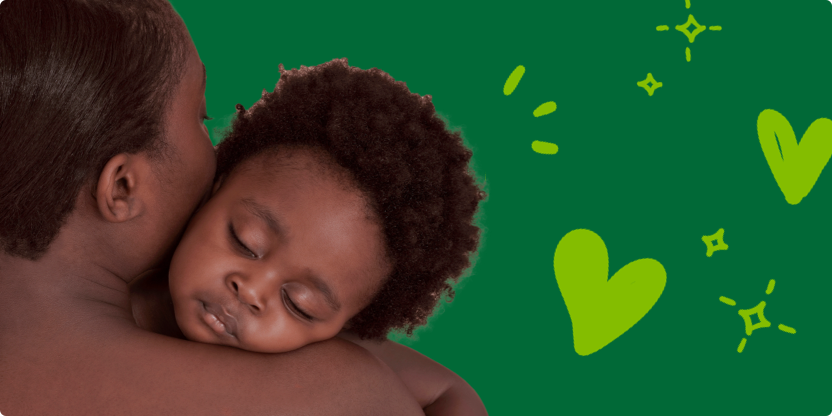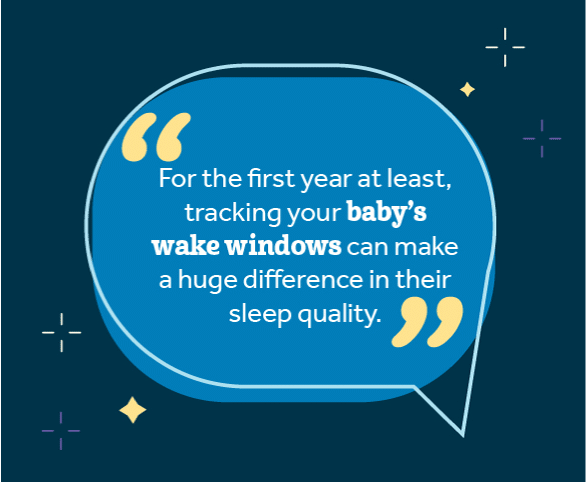What You Need to Know About Co-Sleeping, Room-Sharing, and How to Get the Best Rest for Baby – And You
What You Need to Know About Co-Sleeping, Room-Sharing, and How to Get the Best Rest for Baby – And You
What You Need to Know About Co-Sleeping, Room-Sharing, and How to Get the Best Rest for Baby – And You
When did sleeping become so complicated?
It's a question many new parents find themselves pondering—often in the middle of the night, awake with the baby while the rest of the world sleeps. Many parents have questions and concerns about making sure baby gets the rest they need and one of the first decisions new parents make in that regard is where baby will be going down for the night.
First, let's define some key terms:
Co-Sleeping: Sharing a bed or sleep surface with baby.
Room-Sharing: Sharing a room with baby while occupying separate sleep surfaces.
And now, what you need to know to (hopefully) make tomorrow more restful than tonight.
The Risks of Co-Sleeping
Most experts, including the American Academy of Pediatrics (AAP), recommend against co-sleeping. "Bed sharing increases the risk of SIDS (sudden infant death syndrome) significantly," says MyGerber Baby Expert Christina Gantcher.
Sharing a bed with baby greatly increases the chances of smothering, overheating, and suffocation. On top of that, co-sleeping has been associated with Sleep Onset Association Disorder—where baby essentially learns that they can't fall asleep without you in the bed. Being aware that you're sharing a bed with baby can also have a negative effect on your much-needed sleep as a parent.
While some parents may appreciate the intimacy of co-sleeping, the risks often outweigh the benefits.
Why Room-Sharing is Preferred
Conversely, sharing a room—but not a bed—comes with some key benefits. "Along with the AAP, I usually recommend room sharing for the first six to twelve months," says Christina. "If your baby is young and feeding every two to three hours, you want to be in the same room. It makes it much easier to get up and down and to care for the infant."
Additionally, room-sharing can help foster the bond between you and your new baby. It helps you get in tune with their sleep patterns . "[Room sharing] tends to make most parents feel more comfortable knowing that the baby is at arm’s reach and can be attended to very quickly," says Christina.


Tips For Room-Sharing
- Make a separate baby zone
- Consider some visual separation (like a curtain or room divider)
- Avoid harsh lighting
- Avoid potential noisy distractions (TVs, phones, etc.)
- Consider a white-noise machine for sleeping
When Should You Stop Room-Sharing?
Most experts recommend transitioning out of room-sharing when baby is about six months old. However, there are exceptions to this including a wide array of different cultural traditions surrounding room-sharing.
Ultimately, you should make the decision that's right for you and your family.
"They usually will not need to eat from bedtime until the morning by—or at—six months. So that tends to be a good time for the baby to be transitioned out of the room if that option is available," says Christina. "A sign that the baby should be moved out earlier is if mom has any history of anxiety, depression, and/or post-partum depression and is having real trouble sleeping at all with the baby close by."
Some parents may find it difficult to sleep with baby nearby, as they can hear every coo and gurgle and may feel compelled to check on their child frequently. This can have a negative effect on caretaker sleep quality and especially impact the birthing parent. "It's just making it harder for mom to recover from labor and delivery," says Christina. "In those scenarios, I'll often suggest that the baby be moved to another space if possible because mom needs to recover."
When it's time to transition away from room-sharing, it's a good time to think about sleep-coaching and patiently helping baby learn to love their new sleep situation. Check out more of Christina's expert sleep advice for newborns to toddlers here







